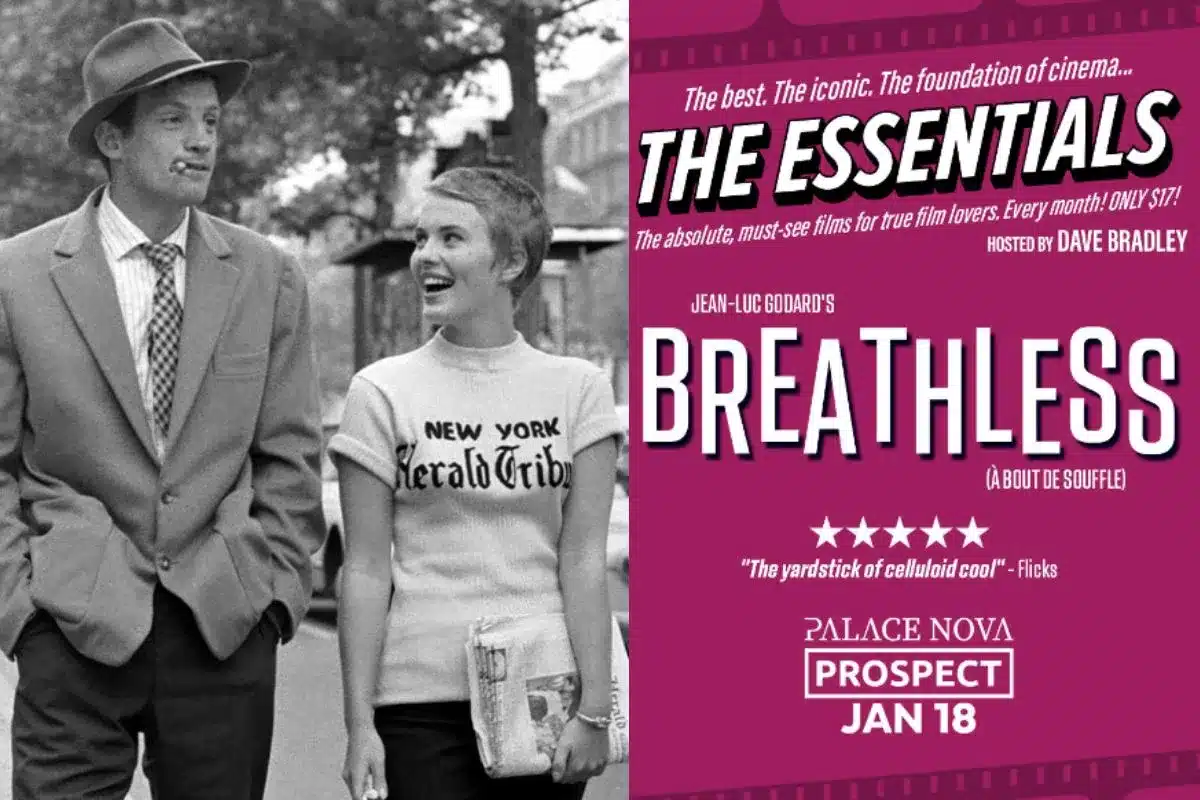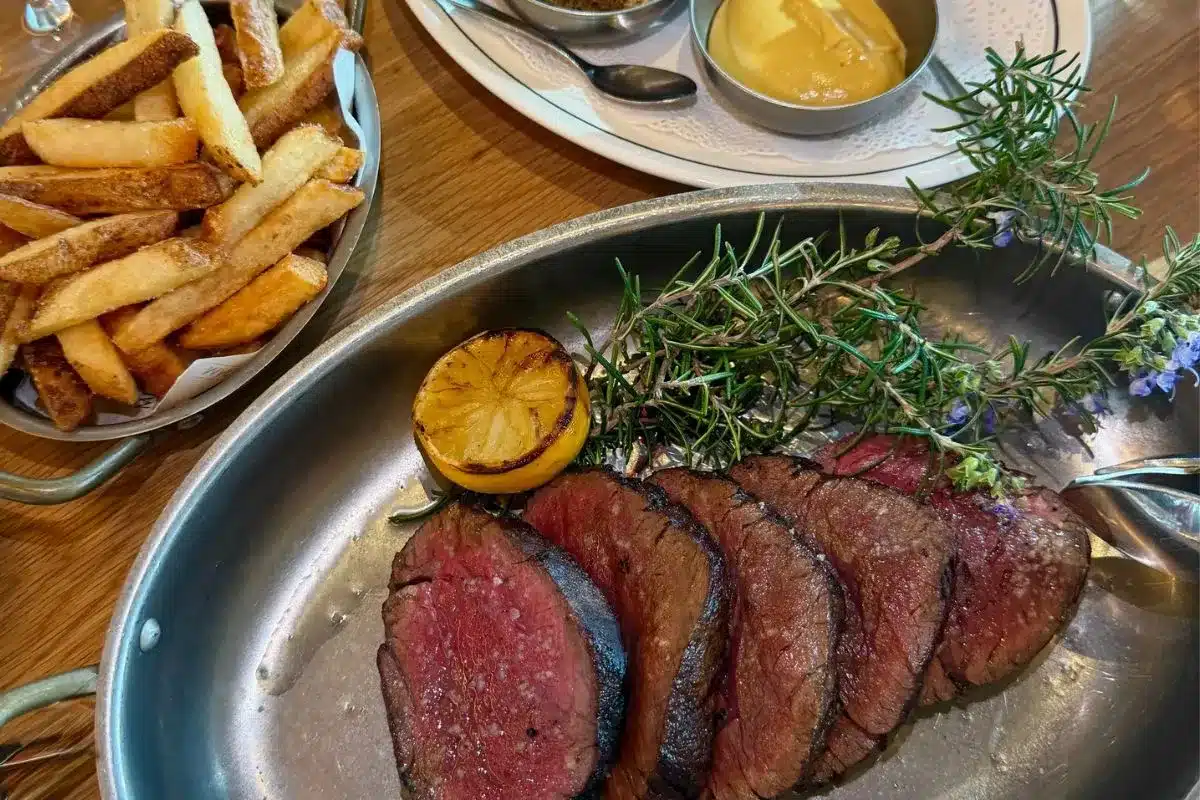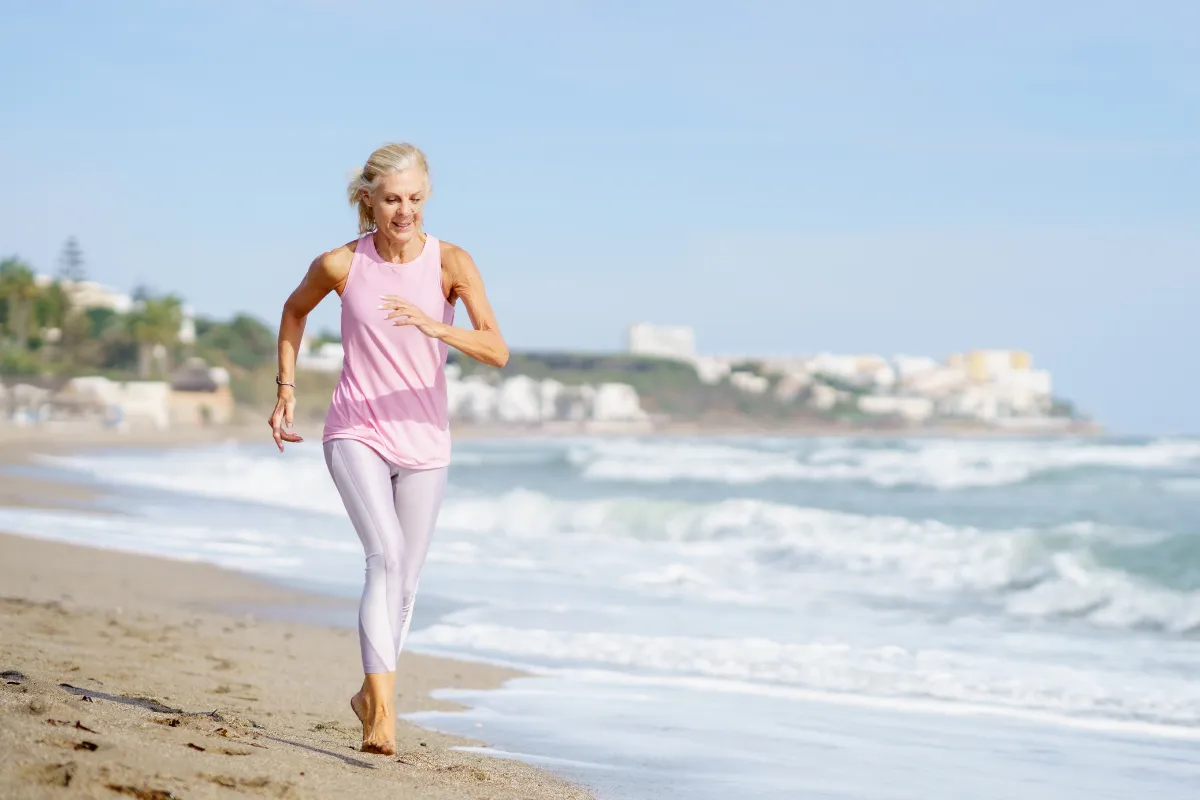Interview by Olivia Williams
With over two decades of experience, she has seen firsthand how simple dietary adjustments can make a world of difference for women transitioning through menopause and beyond. In this pivotal life stage, the right nutrition can not only reduce symptoms but also help maintain energy, mood, and long-term health. Zoe’s holistic approach to nutrition for women over 50 centres on nourishing the body to support energy, vitality, and long-term well-being.
The Hormonal Shift | Supporting your body with nutrition
As women approach menopause, declining oestrogen levels affect everything from muscle mass to bone density, which can lead to new challenges. Zoe explains, “With menopause, oestrogen starts to decline, which has a knock-on effect on our ability to maintain lean muscle mass and affects bone mineral density. Eating in a way that supports these changes is a key focus for this age group.”
To counter these effects, Zoe recommends boosting the intake of key nutrients such as calcium, magnesium, and omega-3 fats, which all play crucial roles in maintaining strong bones, heart health, and overall vitality.
Understanding the hormonal shift
“Our diet needs to adapt to our changing bodies,” Zoe explains. “Oestrogen is critical for maintaining bone health, which is why so many women experience bone density loss during and after menopause.” Zoe advises women to focus on calcium-rich foods like dairy, tofu, and leafy greens to support bone strength, and also underscores the importance of vitamin D, magnesium, and vitamin K2, nutrients that often get overlooked but play a crucial role in bone health.
“Magnesium is particularly important,” she adds. “It not only helps the body utilise calcium and vitamin D but is also essential for muscle function and energy production, something many women struggle with as they age.”

Hormones & diet | Simplifying a complex relationship
Hormonal health might seem overwhelming, but Zoe breaks it down simply: “Hormones are chemical messengers produced by the endocrine system, and they’re responsive to what we eat. Nutrients are the currency of the body.”
For example, to support thyroid health, which often declines with age, nutrients such as iron, selenium, iodine, and zinc are essential. “A deficiency in any of these can impair thyroid hormone synthesis,” Zoe notes. Similarly, fibre can help remove excess oestrogen from the body, aiding in hormone balance.
Managing symptoms with anti-inflammatory foods
As many women know, menopause symptoms can be aggravated by diet. Inflammatory foods like refined sugar, trans fats, and alcohol can worsen symptoms, while anti-inflammatory foods, like essential fatty acids found in fish, chia seeds, and walnuts, may ease discomfort.
“Blood sugar balance is also important,” says Zoe. “Foods high in sugar can spike blood sugar levels, which can lead to mood swings and energy crashes. Opting for slow-release carbs and pairing carbs with protein and fat can help maintain steady energy.”
Best anti-inflammatory foods
- Essential Fatty Acids: Fatty fish, chia seeds, walnuts
- Herbs & Spices: Turmeric and ginger
- Slow-Release Carbs: Whole grains, legumes, root vegetables
Weight gain | A common menopausal struggle
Weight gain is a frequent concern for women in their 50s. Zoe emphasises that this can be managed by balancing meals, avoiding excessive snacking, and focusing on lean proteins.
Protein helps build muscle mass, and the more muscle mass you have, the more calories you burn.
Additionally, reducing alcohol and refined carbohydrates can help prevent excess weight gain. “Alcohol is seen as a toxin by the body, which prioritises eliminating it. This can disrupt hormone balance,” says Zoe, who encourages moderation.
Energy & vitality | Diet adjustments that make a difference
For women looking to maintain energy and vitality after 50, Zoe recommends starting the day with a protein-rich meal, which helps stabilise energy and appetite for the rest of the day. She also suggests opting for a diverse diet rich in plant foods to ensure nutrient density.
“Blood sugar regulation is key,” she says. “Balancing meals with a mix of carbs, fats, and proteins, and avoiding excess refined sugar will help keep energy levels stable throughout the day.”
Vitality Boosters
- Start with a protein-rich breakfast
- Eat a diverse, nutrient-dense diet
- Opt for slow-release carbohydrates
Mental health & nutrition | The mind-body connection
Mental health can be a significant concern during menopause, but Zoe reminds us that nutrition plays a critical role in supporting mood and mental well-being. Essential fats, zinc, magnesium, and selenium are all vital for brain health.
Our brain is 60-70% fat, so essential fats are crucial for proper brain function and emotional stability.
Additionally, gut health plays a large role in mood regulation. “Our gut and brain are connected, sharing many of the same neurotransmitters and hormones,” says Zoe, encouraging women to eat fibre-rich foods and incorporate fermented options like kimchi or kefir to support a healthy gut microbiome.
Sugar cravings | Tackling them head-on
Managing sugar cravings, especially during menopause, can be tricky, but Zoe offers practical tips. “First, take stock of your current sugar intake by reading labels and keeping a food diary. Then, slowly reduce your intake and swap refined sugar for better choices.”
Incorporating fibre-rich foods can also help, as fibre is satiating and can reduce sugar cravings. Zoe suggests healthy alternatives like dark chocolate paired with peppermint tea or an apple with nut butter and vanilla powder.
The takeaway | Nutrition as the foundation of wellness
For women over 50, Zoe’s advice is simple yet powerful: “Nutrition is the foundation of health, and it’s never too late to set up a solid foundation for vitality and wellness. If you’ve spent years investing in others, now is the time to invest in your own health, and nutrition is a great place to start.”
With menopause marking such a significant transition in life, the right dietary changes can provide much-needed support, helping women maintain energy, strength, and emotional well-being as they age gracefully.
Eat Your Way to Healthy Hormones
By Zoe Bingley-Pullin
RRP $39.99

In Eat Your Way to Healthy Hormones, nutritionist Zoe Bingley-Pullin shares her expert knowledge on managing and balancing hormones at every stage of life, from tweens to postmenopausal adults. Drawing on over twenty years of experience and her personal journey through perimenopause, Zoe offers a holistic approach to hormonal health with 142 delicious recipes. Whether you’re looking to take control of your hormones or support your family, this guide provides practical advice and accessible solutions to empower you on your wellness journey.









